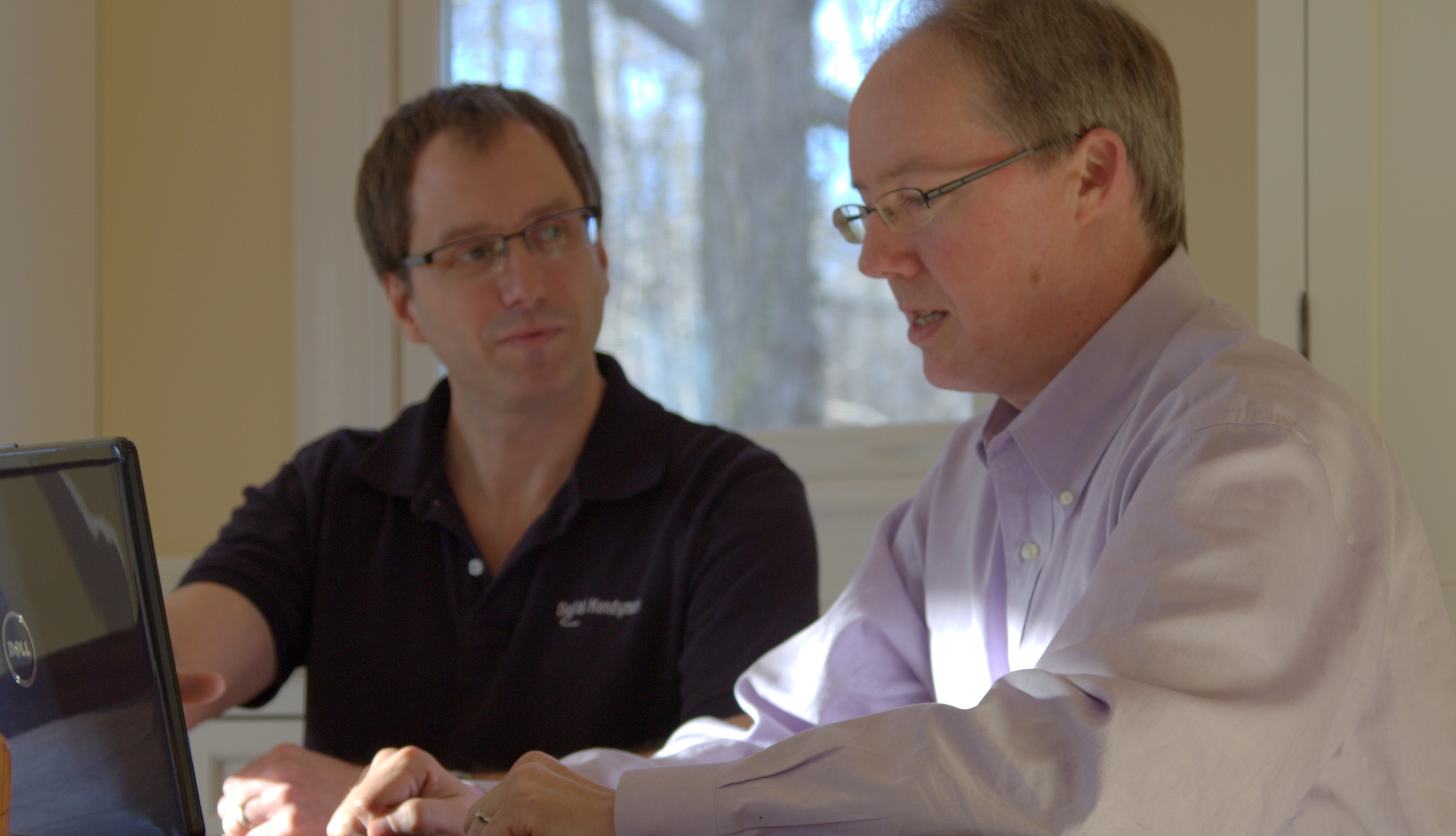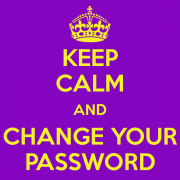Don’t Fall for this Phone Scam
 Callers claiming to be Microsoft computer security engineers are coercing home computer users to provide information which allows remote access to individual files and personal data. This approach, sadly, works. According to a survey reported by InformationWeek, 3% of call recipients were deceived with this type of scam, which first emerged several years ago and has experienced a recent resurgence.
Callers claiming to be Microsoft computer security engineers are coercing home computer users to provide information which allows remote access to individual files and personal data. This approach, sadly, works. According to a survey reported by InformationWeek, 3% of call recipients were deceived with this type of scam, which first emerged several years ago and has experienced a recent resurgence.
Our area is now being targeted. I have been contacted recently by 4 customers who received a call from someone with a heavy Indian accent claiming to be from Microsoft. In all cases the caller said that they had detected a virus on their computer that needed to be addressed. Unfortunately, one customer (still half asleep, as he had been woken up by the call) followed the instructions provided by the “Microsoft” tech. He was asked to visit teamviewer.com and create a remote session, giving the caller complete control to transfer files and/or install viruses. Eventually the victim became suspicious, turned off his computer and called me — but not before a virus was installed that allowed future access to the computer. If I had not removed the virus, the perpetrators could have stolen tax information, credit card numbers and more.
The very next day I too received such a call (the caller ID was “Unknown 10-1267”), and much to my delight, I spent a good 30 minutes obtaining information about the scam. I asked the caller (Daniel Smith) “How do you know I have a virus on my computer?” Daniel told me that my computer is connected to Microsoft servers and they monitor for virus activity. (This is absolutely not true; Microsoft doesn’t monitor individual computers). Daniel was very anxious for me to provide the numeric password required to remotely connect through teamviewer. I started to read the number and stopped. “Daniel”, I said, “I have to go now, a circus elephant has just escaped and I think it stepped on my sister’s foot.” Silence. “Actually, you have contacted a computer professional with 22 years of experience and I am going to report you to the FBI and local authorities”. More silence and then “click”.
If you receive such a call please report it to the FBI’s Internet Crime Complaint Center. Please feel free to contact me if you have questions or recently have had a similar experience.
HOW TO PROTECT YOURSELF
- Do not provide personal information or allow remote access to an unknown or unsolicited caller.
- Contact Digital Handyman to detect and safely remove viruses, and to provide ongoing protection from hackers and other Internet threats. Hundreds of local businesses and families trust Digital Handyman to keep their computers virus-free.
- If you do receive a suspicious call, report it to the FBI’s Internet Crime Complaint Center.





